Trend Peratusan Keluar Mengundi PRU-15 Meningkat Atau Tidak? Ini Pandangan Pakar
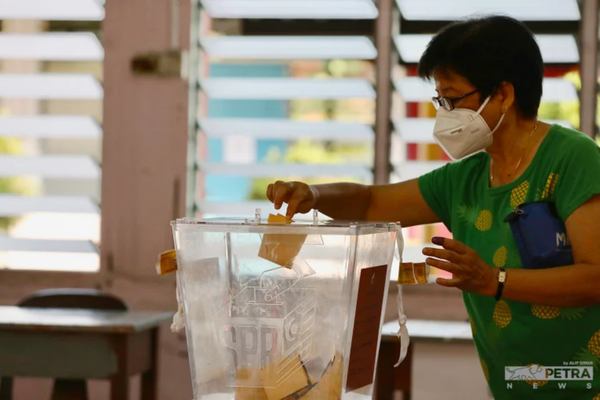
Koordinator Penyelidik Research for Social Advancement (REFSA) Fakhrurrazi Rashid berpendapat tentang trend peratusan keluar mengundi PRU-15 meningkat atau tidak.

Koordinator Penyelidik Research for Social Advancement (REFSA) Fakhrurrazi Rashid berpendapat tentang trend peratusan keluar mengundi PRU-15 meningkat atau tidak.
GDP is, at its essence, the total value of a country’s production in a given year. The indicators derived from it, such as GDP growth and GDP per capita, are often used as KPIs or major policy
objectives.
Almost everyone has heard of these three little letters. But what is often forgotten is that GDP is an estimate based on a system of accounting, not a fact of nature. As a result, there are numerous misconceptions about the role of GDP.
This note aims to clear the confusion by explaining what GDP is and what it is not.

Are Malaysians paid fairly for the work they do? That is the question many Malaysians are asking after an article on World of Buzz highlighted the large wage disparity between Malaysia and Singapore. While there are many factors such as cost of living that might have been a factor here, there are other granular reasons that also play a role in enlarging the gap. We speak to Tan E-Hun from REFSA to understand the causes behind this wage disparity.
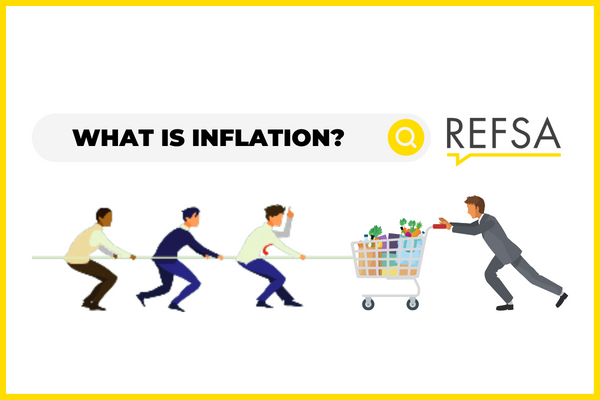
Malaysia's overall inflation rate stood at 3.4% as of June 2022, well below the global G20 average of 13.9%. But on the ground, many Malaysians are feeling the pinch. So why does it feel like there is a mismatch between official inflation rates and the perceived rise in the cost of living?
Read on for a condensed version of our researcher Jaideep Singh's breakdown on what inflation means, how it is measured, and what we can do about it.
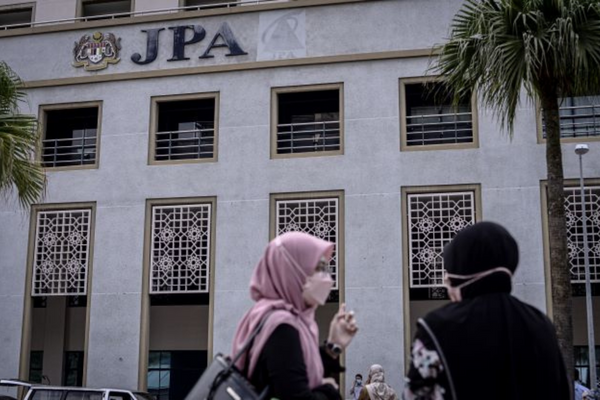
Mengapa senator perlu dipilih oleh rakyat? Koordinator Penyelidik Fakhrurrazi Rashid berbincang dalam ulasan baharunya di The Malaysian Insight.
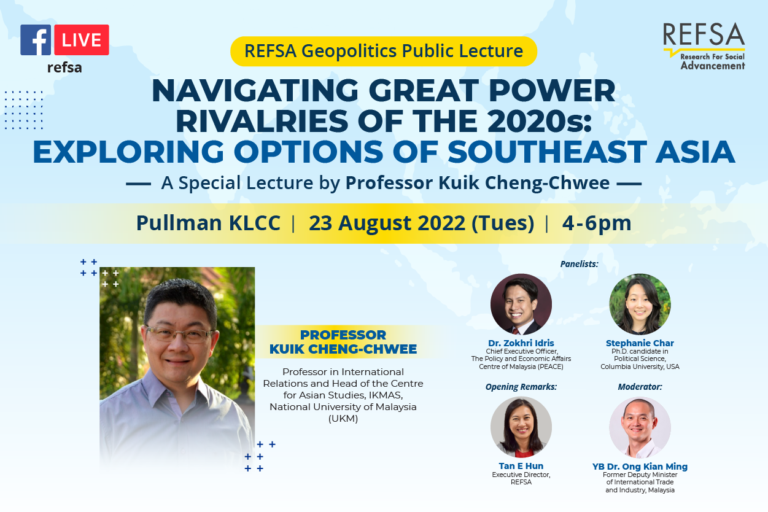
A public lecture which intends to further the conversation by exploring the key policy options and dilemmas facing Southeast Asian countries amid growing uncertainty, with a particular attention on how and why many regional countries have insisted to pursue a “hedging” policy (as opposed to “balancing” or “bandwagoning” strategies) vis-à-vis the competing powers.
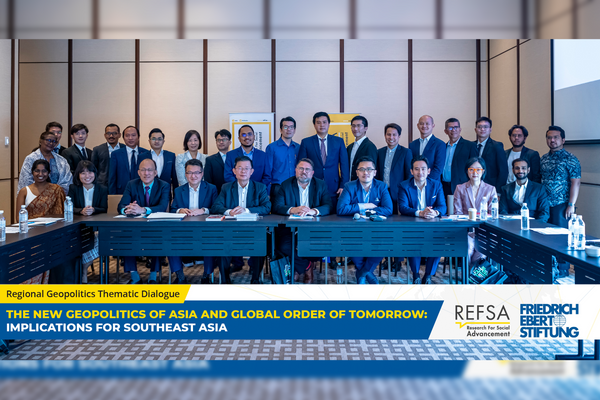
Research for Social Advancement (REFSA), a progressive think tank based in Kuala Lumpur, with the support from Friedrich Ebert Stiftung (FES) Asia, convened a diverse group of policymakers, academics and thought leaders from across Asia-Pacific for a two-day roundtable in Kuala Lumpur. , with the main aim to explore the global order of today and tomorrow and deliberate and discuss the implications of the US-China rivalry for ASEAN, regional tensions in the South China Sea, and the way forward to manage disruption.
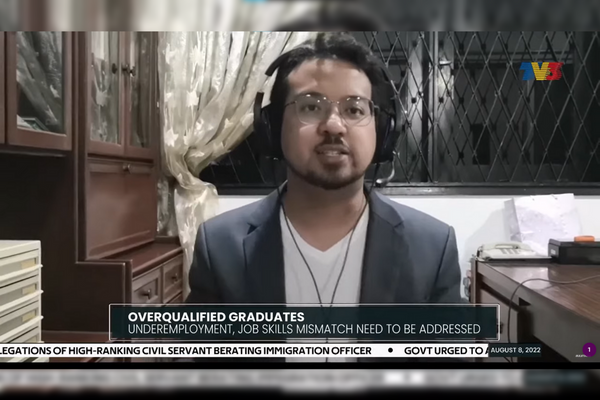
Malaysia's fresh graduates are having trouble finding full time employment despite an overall increase in employment rates in our country, relying on gig economy or entry level jobs they're overqualified for. Our Comms Director Iskandar Fareez weighs in on the factors of this phenomenon.

Are Malaysians paid fairly for the work they do? That is the question many Malaysians are asking after an article on World of Buzz highlighted the large wage disparity between Malaysia and Singapore. While there are many factors such as cost of living that might have been a factor here, there are other granular reasons that also play a role in enlarging the gap. We speak to Tan E-Hun from REFSA to understand the causes behind this wage disparity.
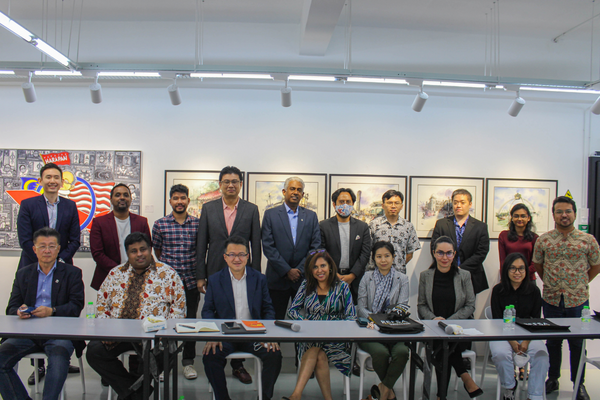
In a closed-door roundtable held on 21st July 2022, REFSA brought together a collective of policymakers, architects, urban planners, elected representatives and finance professionals to drive the exploration of this topic further.